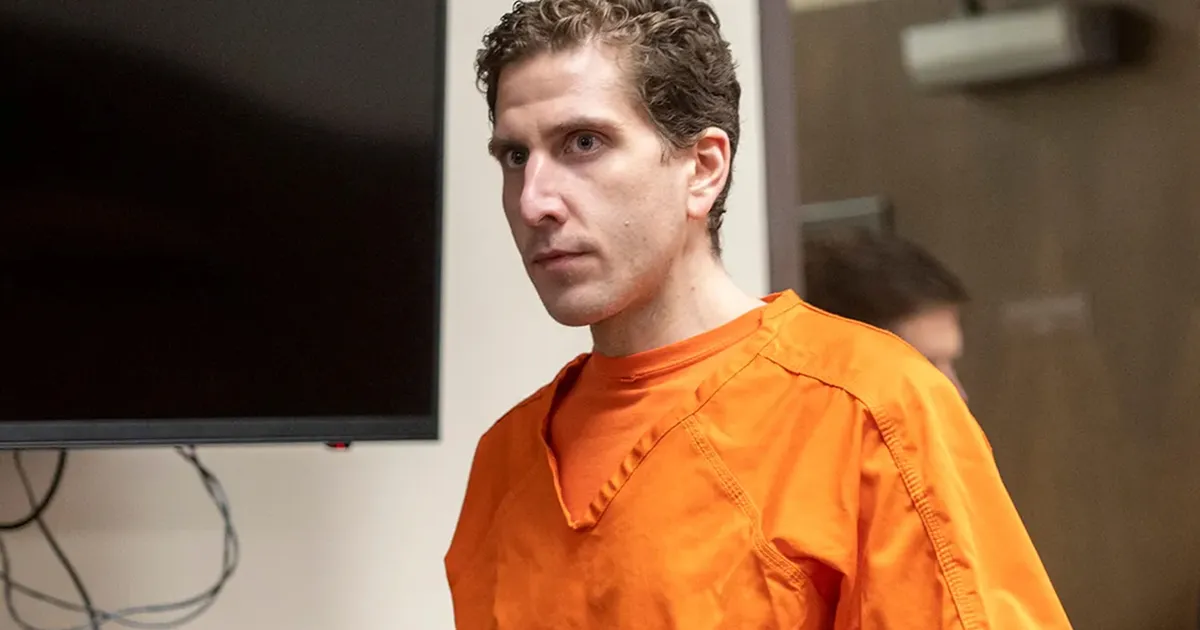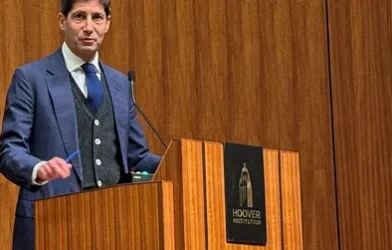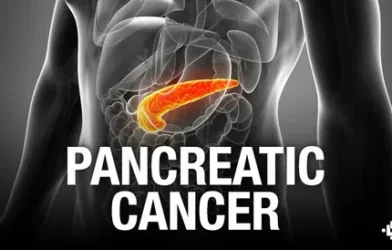IntroductionThe Bryan Kohberger
In late June 2025, a dramatic turn in one of America’s most chilling criminal cases unfolded. Bryan Kohberger, the Pennsylvania-born criminology PhD student charged in the November 2022 murders of four University of Idaho students, agreed to plead guilty to avoid the death penalty. The news shocked many, reigniting national debate about justice, victims’ rights, and legal strategy.
Background: The Night That Shattered a Campus The Bryan Kohberger
On November 13, 2022, University of Idaho students Kaylee Goncalves, Madison Mogen, Xana Kernodle, and Ethan Chapin were brutally stabbed to death in their off-campus residence in Moscow, Idaho, in the early morning hours. Two roommates survived. Weeks of frantic investigation followed, during which law enforcement assembled a massive task force involving local police, state patrol, and the FBI. Investigators relied on surveillance footage, cell phone data, and genetic genealogy to trace DNA found on a knife sheath back to Kohberger. His arrest nearly six weeks later ended a nationwide manhunt.
The Evidence and Legal Battles The Bryan Kohberger
Prosecutors alleged Kohberger entered the home and committed the killings with a military-style knife, supported by DNA, phone, and surveillance evidence.
Kohberger’s team also argued that his autism diagnosis made him ineligible for the death penalty. The court disagreed, reaffirming that autism alone does not disqualify a defendant from capital punishment .
The trial date was delayed multiple times, with venue changes and scheduling debates. Originally set for summer 2025 in Latah County, it was moved to Ada County (Boise), where jury selection is planned to begin July 30 and the trial to formally start August 11, 2025.
A Last-Minute Plea Deal
Just weeks before the trial, on June 30, 2025, Kohberger surprised many by agreeing to plead guilty to four counts of first-degree murder and one count of burglary. In return, prosecutors dropped their pursuit of the death penalty. Kohberger will receive four consecutive life sentences without parole and will forfeit his right to appeal.
Families of the victims reacted with mixed emotions. The Goncalves family, in particular, expressed outrage, calling the deal a “stab in the back” and lamented that Kohberger would live instead of facing execution .
Why Now? Understanding the Decision
Several factors likely influenced the plea. The prosecution had secured compelling evidence, and a guilty verdict seemed highly probable. The defense faced mounting legal losses: evidence suppression failed, venue changes were in Kohberger’s favor but insufficient to offset the case’s weight, and motions to eliminate the death penalty were denied. A plea allowed Kohberger to avoid execution, removed uncertainties, and offered the families closure without prolonged appeals .
Emotional Toll on Families and Campus
For the loved ones of the four students, the plea deal brings both relief and renewed pain. While it ensures Kohberger will never be freed, it denies them the opportunity to face him in court. For the University of Idaho community, the agreement reprieves a trial that had dominated headlines and strained local resources. Memorials, scholarships, and gardens have been established in honor of the victims.
Broader Implications
The case highlights broader themes in modern criminal justice. First, genetic genealogy has become a powerful tool, solving cold cases but also raising privacy questions. Second, it underscores challenges with the death penalty, including concerns over disability, fairness, and legal complexity. Third, it showcases how plea bargains can circumvent years of litigation—potentially offering certainty but sometimes leaving families feeling unheard.
Looking Ahead
Formal guilty pleas are expected during a July 2 hearing, concluding more than two years of legal ambiguity people.com. With sentencing confirmed and no appeals possible, Kohberger’s life ends behind bars. Debate will continue over whether the plea was the best justice possible or a too-easy escape from full accountability.
Meanwhile, lessons from the case may shape future investigations, including careful handling of forensic evidence, respect for victims and families, and legal frameworks around mental health and capital punishment.
Conclusion
The Bryan Kohberger case moved from a high-profile pending trial to a dramatic plea deal, closing a chapter in a case that horrified the nation. It raises tough questions: about the role of emerging science in crime-solving, the ethics of plea agreements, and how society balances swift resolution with comprehensive justice. Above all, it reminds us of the lives lost and the enduring need to honor their memory thoughtfully and respectfully.













Comments are closed